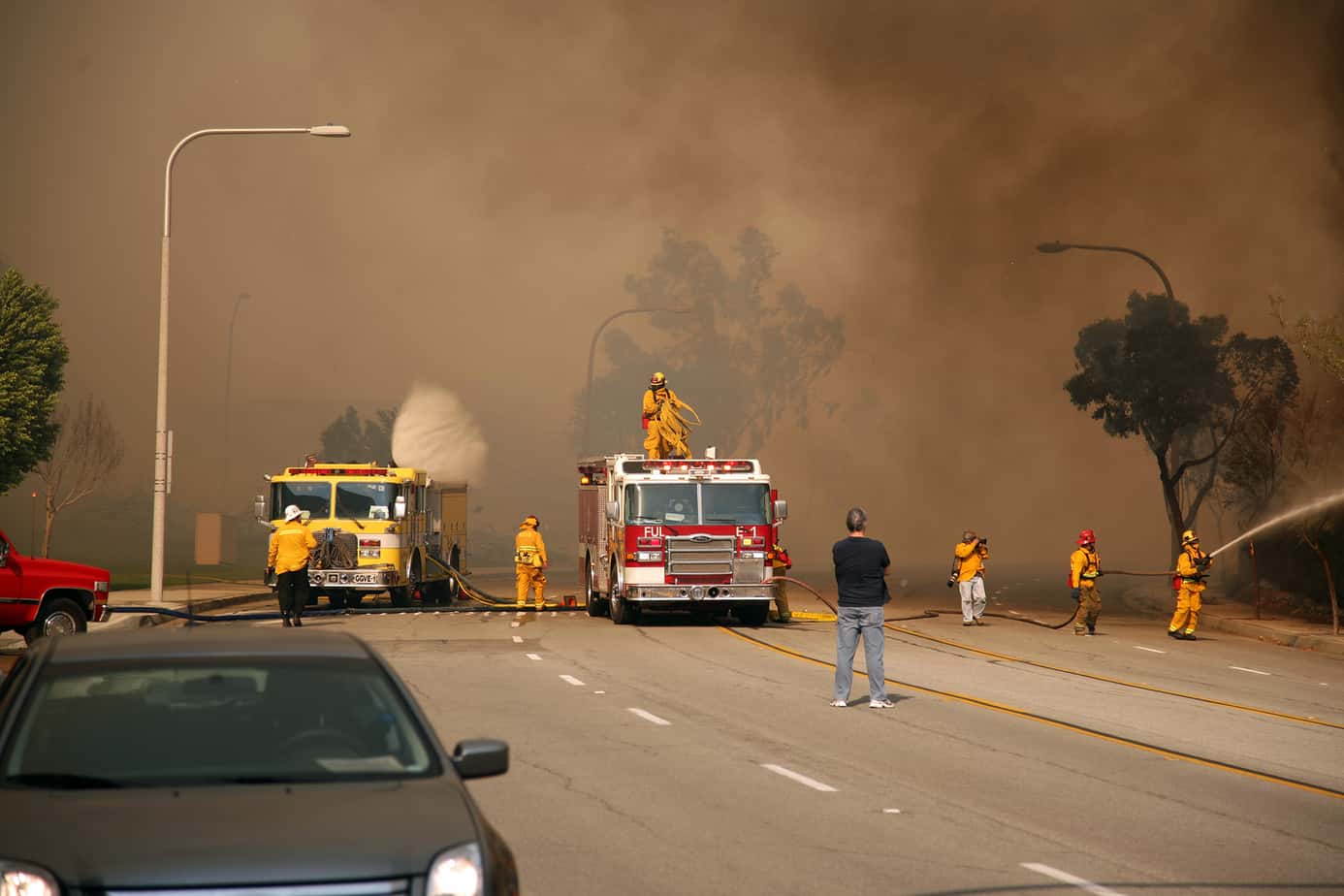Pacific Gas & Electric (PG&E) says it is filing for Chapter 11 bankruptcy, citing “extraordinary challenges” from the 2017 and 2018 California wildfires.
The utility gave the required 15-day notice for filing for bankruptcy in a filing with the Securities and Exchange Commission. The notice came just one day after announcing the departure of Chief Executive Geisha Williams.
Shares of PG&E, which serves 16 million California residents, fell by more than half after the announcement.
PG&E says it faces outsized liability costs and lawsuits over the California wildfires. Filing for bankruptcy, the company said, is the best way to “enable continued safe delivery of natural gas and electric service to PG&E’s millions of customers.”
The utility expects to provide uninterrupted service to its customers and says it’s optimistic about its talks with potential lenders. PG&E expects to operate as normal after filing for bankruptcy on January 29.
California Senator Jerry Hill is concerned that a bankruptcy proceeding would not protect ratepayers.
“The only thing that will protect the ratepayers is the state Legislature, the governor and the state Public Utilities Commission,” said Hill.
Currently, PG&E says it has $1.5 billion in cash and $840 million in insurance coverage for the events from August 1, 2017 through July 31, 2018. The utility also has coverage of $1.4 billion for events from August 1, 2018 through July 31, 2019.
The utility expects losses connected to the 2017 and 2018 wildfires to “greatly exceed” the company’s available insurance.
Moody’s Investor Services estimates PG&E’s wildfire liabilities to be $15 billion, but liabilities could hit $30 billion or more. PG&E says it’s aware of about 50 complaints from more than 2,000 plaintiffs related to the 2018 Camp Fire. The utility is also aware of about 700 complaints on behalf of over 3,600 plaintiffs from the 2017 California wildfires.
If PG&E is held liable for punitive damages, penalties and fines, the costs could be significantly higher.



